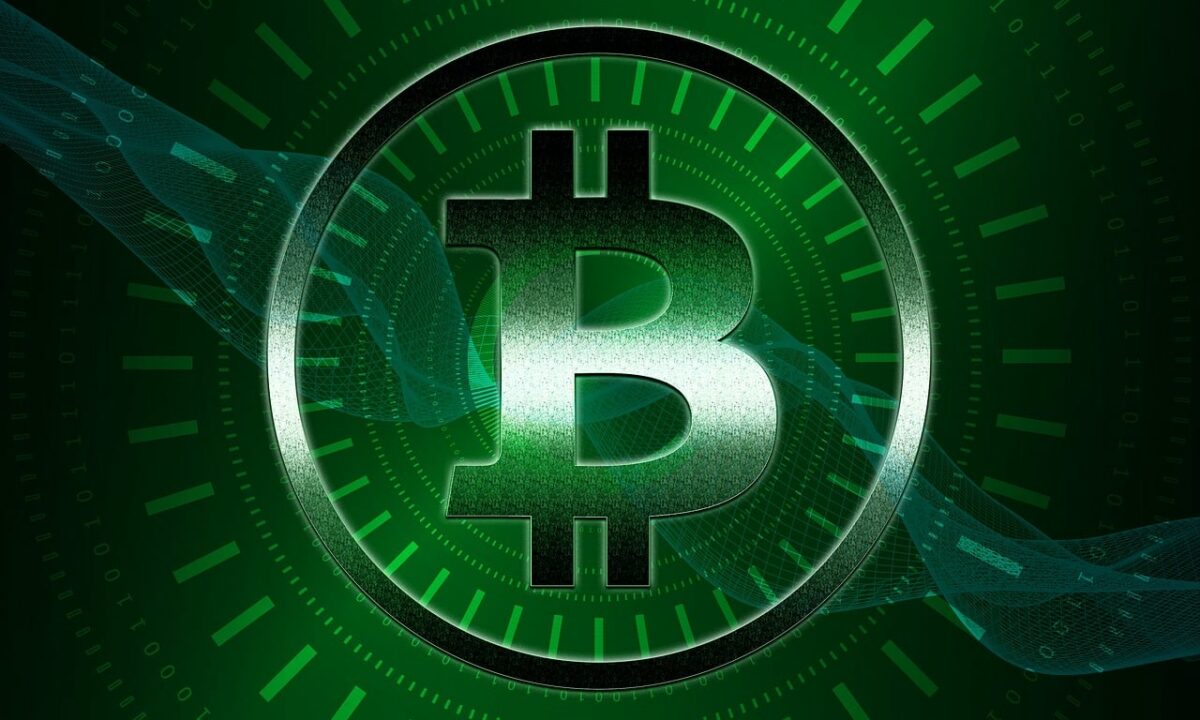Bitcoin mining is the process of creating new bitcoins by verifying transactions on the blockchain network. In other words, it is the process of adding new transactions to the public ledger, and in return, the miners receive rewards in bitcoins. This is the backbone of the entire bitcoin network, and without it, the system would not be able to function.
To understand bitcoin mining, we first need to understand the blockchain. The blockchain is a decentralized ledger that records all bitcoin transactions. It is maintained by a network of computers around the world, which work together to validate transactions and update the blockchain. Each transaction that is made on the blockchain is verified and added to a block, which is then added to the blockchain.
Bitcoin mining is the process of verifying these transactions by solving complex mathematical equations. Miners use specialized software to solve these equations, and the first miner to solve the equation and add the block to the blockchain receives a reward in bitcoins. This process is known as proof of work.
The transactions that are added to the blockchain are verified by the network of computers, which ensures that the same bitcoin cannot be spent twice. This is known as double-spending, and it is prevented by the blockchain. Because the blockchain is decentralized, there is no central authority that can manipulate the system, making it a secure and transparent way to transfer funds.
The process of bitcoin mining is energy-intensive and requires a lot of computational power. Miners use specialized hardware called ASICs (Application-specific integrated circuits) to mine bitcoins. These machines are designed specifically for bitcoin mining and can perform the complex calculations required to verify transactions.
Mining bitcoins is a competitive process, and the rewards for mining decrease over time. When the bitcoin network was first created, miners received 50 bitcoins for each block they added to the blockchain. However, this reward is halved every 210,000 blocks, which is approximately every four years. Currently, the reward is 6.25 bitcoins per block.
As the reward for mining decreases, the difficulty of mining bitcoins increases. The difficulty is adjusted every 2016 blocks to ensure that the average time it takes to add a block to the blockchain remains around 10 minutes. If the network is processing transactions too quickly, the difficulty is increased, and if it is processing transactions too slowly, the difficulty is decreased.
In addition to the rewards for mining, miners also receive transaction fees. When someone sends a bitcoin transaction, they can include a fee to incentivize miners to prioritize their transaction. The higher the fee, the more likely it is that the transaction will be processed quickly.
Bitcoin mining has become a lucrative industry, with some miners making millions of dollars in profits. However, it is also a highly competitive industry, and only those with access to the latest hardware and cheap electricity can compete.
In conclusion, bitcoin mining is the process of creating new bitcoins by verifying transactions on the blockchain network. It is a competitive industry that requires a lot of computational power and energy. However, it is also a secure and transparent way to transfer funds, and it is the backbone of the entire bitcoin network.

